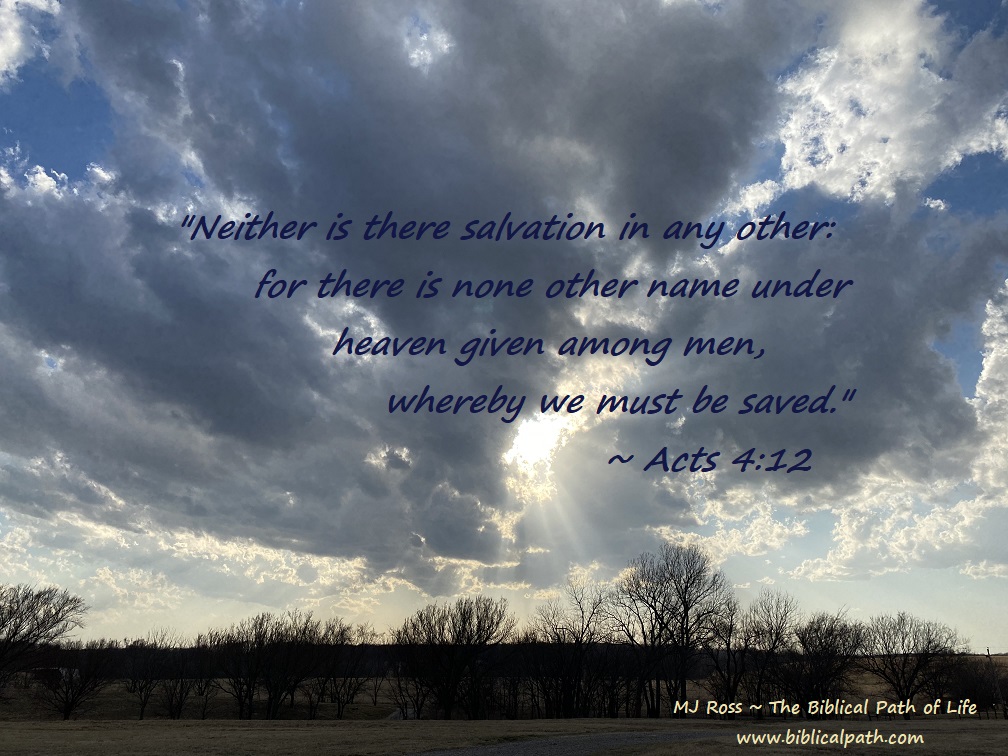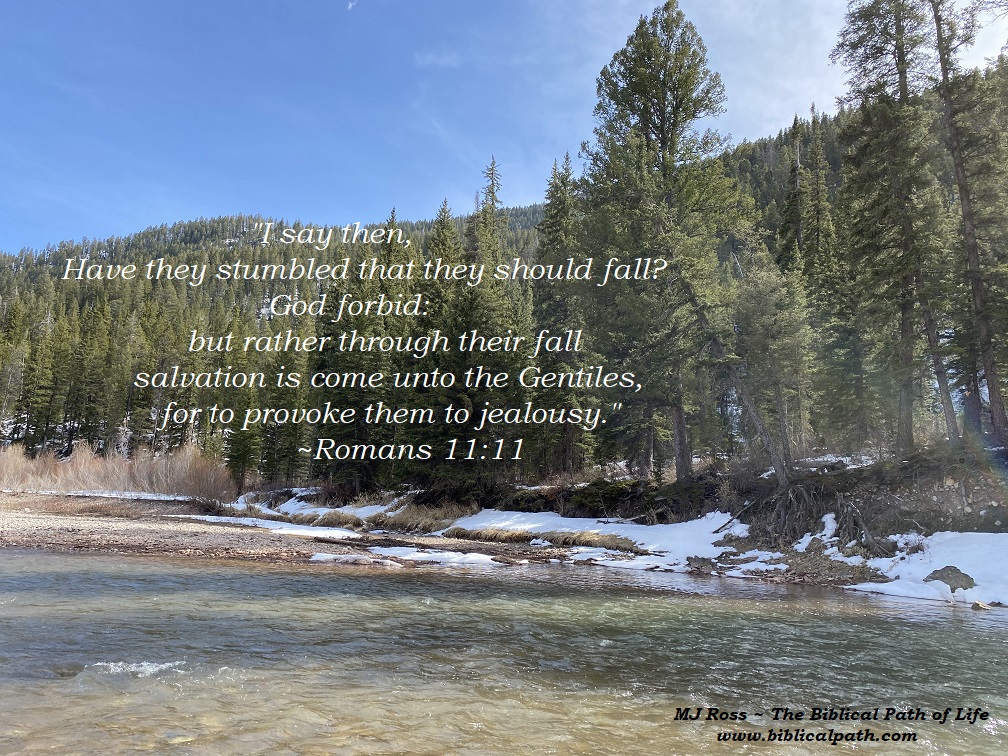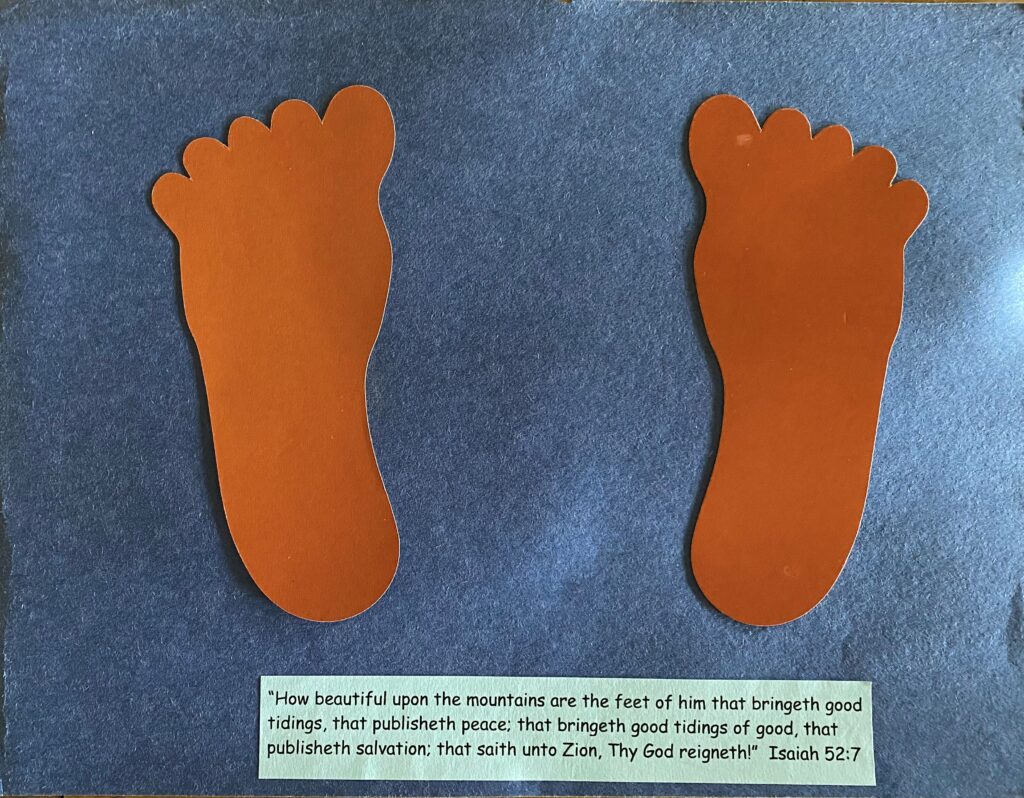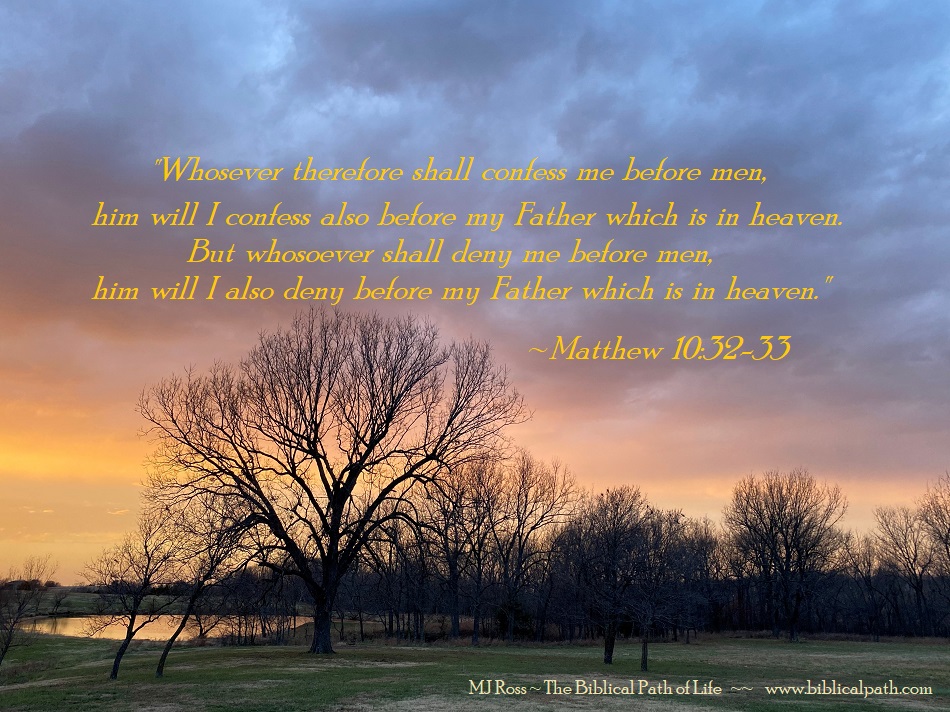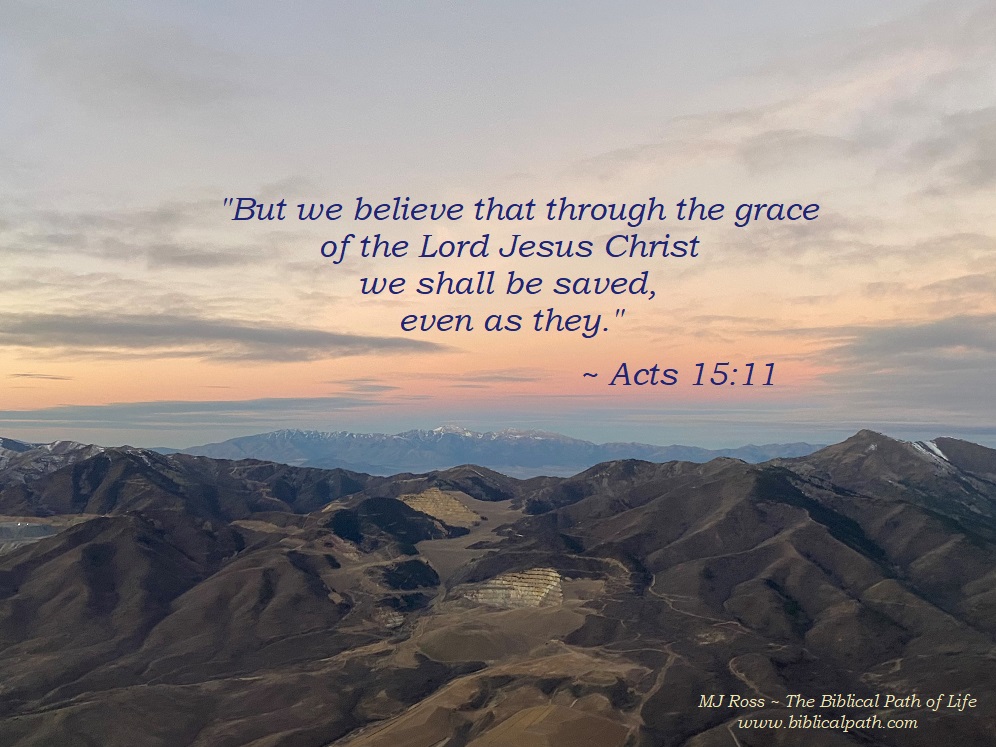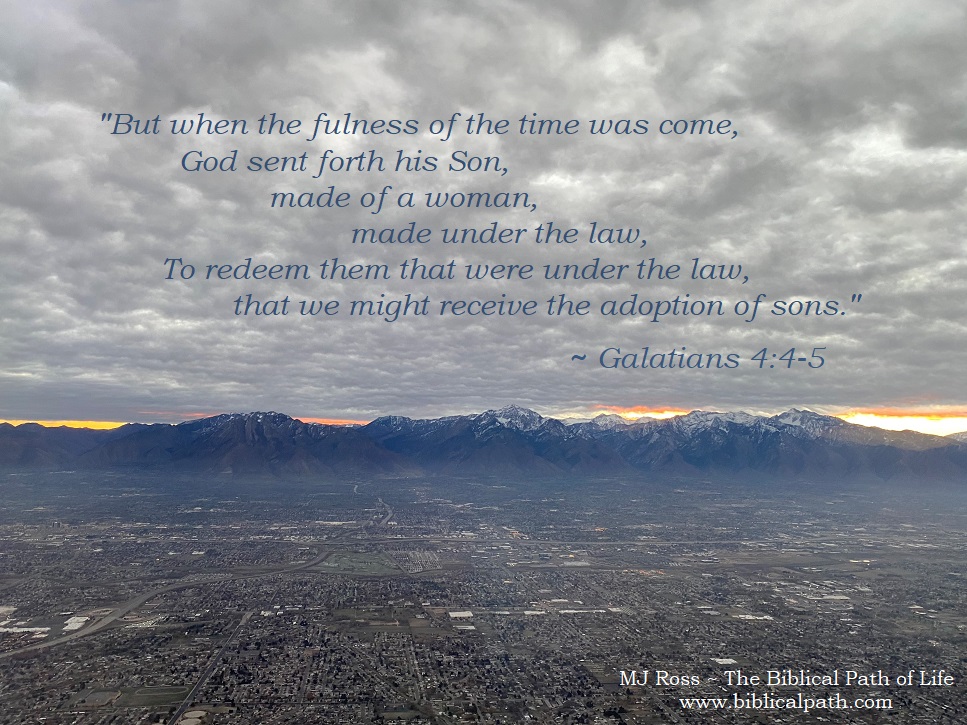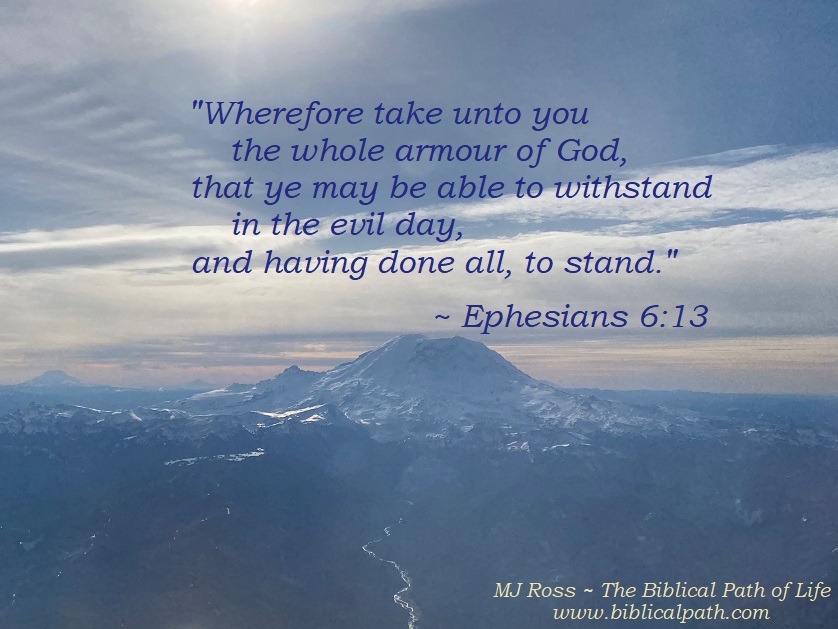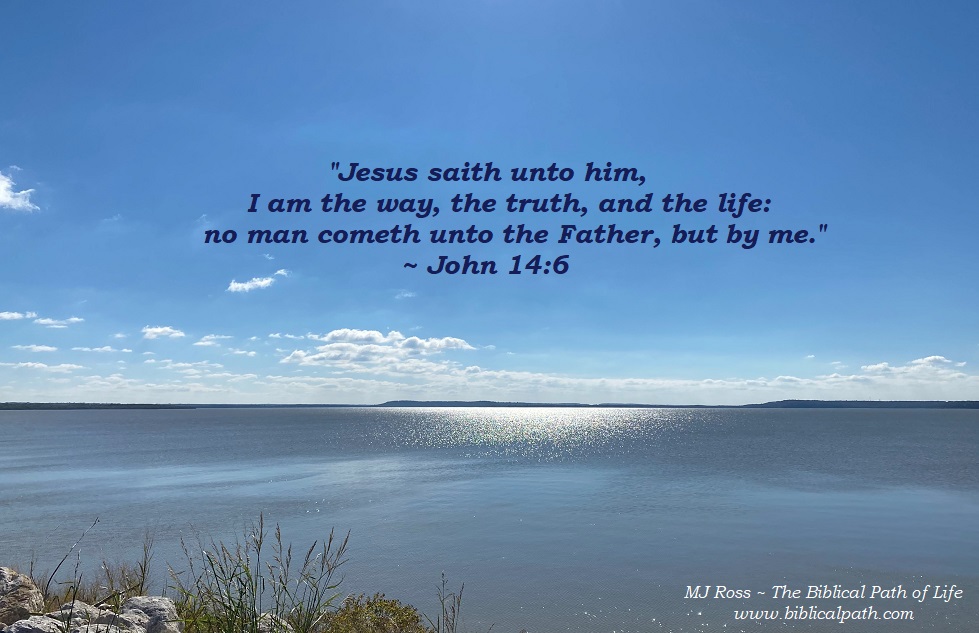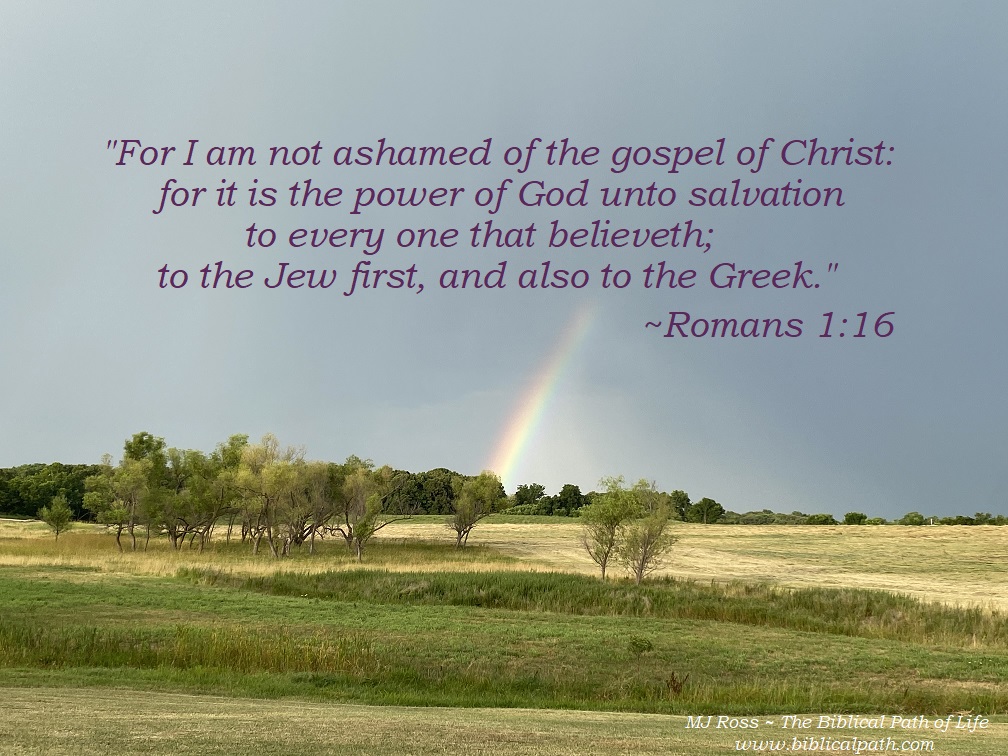
Romans 1:16
Paul was not ashamed of the Gospel of Christ. He wanted the people to hear the Gospel message of Christ. “For I am not ashamed of the gospel of Christ: for it is the power of God unto salvation to every one that believeth; to the Jew first, and also to the Greek” (Romans 1:16). Paul wanted people to understand some important truths of the Gospel of Christ, which is the only means of eternal salvation. Salvation means “deliverance from sin and its spiritual consequences, and involving an attachment to the body of Christ (the church), and eternal life in the kingdom of Christ.” Paul was not ashamed to tell anyone what Jesus could do for them. Paul wanted people to understand the ability to be delivered from sin. It was important they heard the truth. It is then an individual must decide what to do with that truth (the Gospel message that salvation is only through Jesus). It is a choice to believe it, or reject it.
Paul explained to the people of sin, and then proceeded to teach them why they needed “salvation” that comes only from Jesus. “21. Because that, when they knew God, they glorified him not as God, neither were thankful; but became vain in their imaginations, and their foolish heart was darkened. 22. Professing themselves to be wise, they became fools” (Romans 1:21-22). God had revealed Himself to mankind, but they did not give Him the glory and honor He deserved. Many did not fully understand the separation of sinful man from God. They did not believe what God had revealed to them, instead, “Professing themselves to be wise, they became fools.” The next verses (in Romans chapter one) tell how the people were foolish by not recognizing God as the Creator, but instead change Him into a corruptible image. They rejected God. Therefore, when man rejected God, “God also gave them up to uncleanness” (see Romans 1:24) allowing mankind to be just what they are – sinful creatures. Once this happens, mankind often chooses to live a depraved lifestyle. Understand: God does not make anyone do anything, but God wants all of mankind to choose to turn from sin and accept the free gift of salvation that He offers.
Nevertheless, just because God does not make mankind do anything (as in choosing to believe in God and accept his gift of salvation), He does require man to be accountable for his deeds. “6. Who will render to every man according to his deeds: 7. To them who by patient continuance in well doing seek for glory and honour and immortality, eternal life: 8. But unto them that are contentious, and do not obey the truth, but obey unrighteousness, indignation and wrath … 11. For there is no respect of persons with God” (Romans 2:6-11). Therefore, we understand that man without Jesus is exceedingly wicked. “For all have sinned, and come short of the glory of God” (Romans 3:23). Moreover, there is a penalty: God will “render to every man according to his deeds.”
One must understand that without the Law found in the Old Testament, man did not fully understand their lost condition or their need of salvation. “Therefore by the deeds of the law there shall no flesh be justified in his sight: for by the law is the knowledge of sin” (Romans 3:20). See that the law revealed that man is sinful. Then one can understand the importance of salvation that is only available through the Saviour, Jesus. “Wherefore the law was our schoolmaster to bring us unto Christ, that we might be justified by faith” (Galatians 3:24). Once one recognizes that he or she is a sinful man who stands before a Holy God, a choice must be made. To continue in that sin, or ask God to take that sin away.
How did God plan for that sin to be taken away – enabling man to stand justified before God? See the following verse: “Being justified freely by his grace through the redemption that is in Christ Jesus” (Romans 3:24). Justified means “the justification bestowed by God upon men through Christ, through the instrumentality of faith.” Because of what Jesus did upon the cross (took the penalty of sin), see what Paul revealed. “Therefore we conclude that a man is justified by faith without the deeds of the law” (Romans 3:28). The law only revealed sin; it could not take away man’s sin. Faith, in what Jesus did to take away that sin, is the only thing that justifies man before God. Only those who believe God and his gift of salvation will gain eternal life. It is a choice. Continue in sin, or believe Jesus will take that sin away.
Remember that when Jesus came, God made salvation available to anyone. “For God so loved the world, that he gave his only begotten Son, that whosoever believeth in him should not perish, but have everlasting life” John 3:16). Whosoever believeth.
Is your foolish heart darkened, professing yourself to be wise, becoming a fool?
Or
Have you believed, by faith, in what Jesus did upon the cross to take away your sin?


